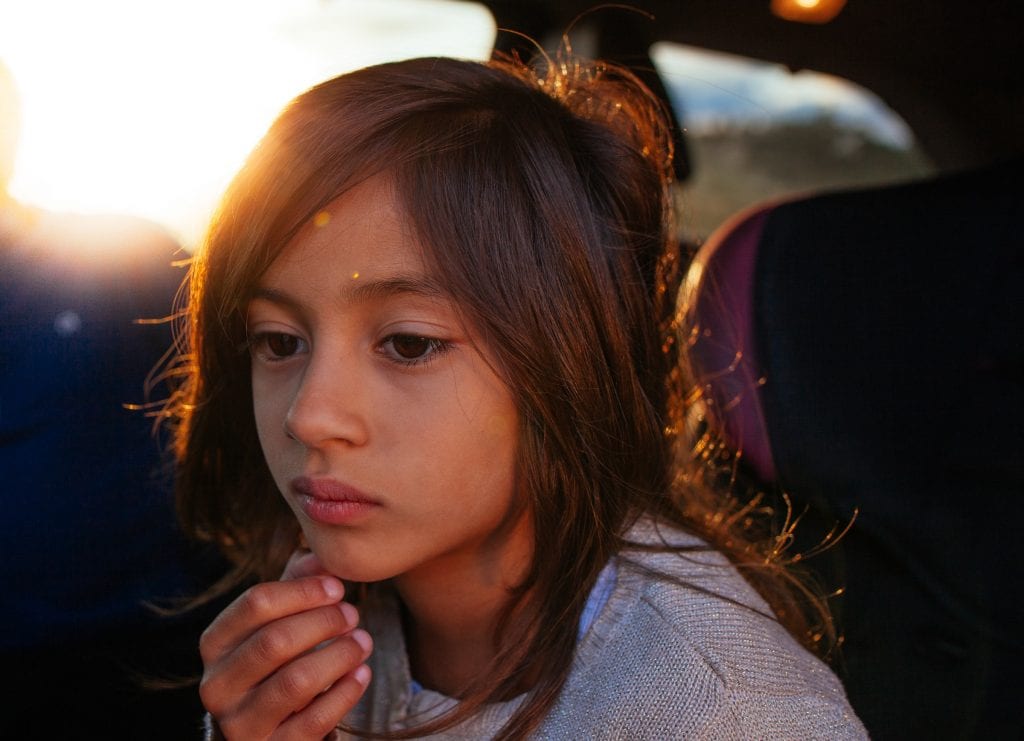
As we move from spring to summer and fewer things seem to be getting back to “normal,” many kids are struggling. Clinical psychologist Bridgid Mariko Conn, Ph.D., of the division of adolescent and young medicine at Children’s Hospital Los Angeles, offers some insight.
What are the major sources of anxiety for kids right now?
What we’re noticing among youth and adolescents is really a sense of anxiety and worry about what this means for their future, a lot of social isolation and wondering why they can’t see their friends, and challenges with engaging in a different way in the school setting.
What are some signs that a child might be feeling anxious or depressed, even if they aren’t talking about it?
One of the major signs that we’re starting to see is sleeping a lot. Sleep is highly linked to changes in mood. A lot of youth are also talking about not wanting to talk to their friends anymore because they don’t feel like they have anything to talk about. And definitely more irritability. You ask them to do something, and all of a sudden it becomes an argument. That is a sign that they might not be talking about the impact that all of this is having on them, but their body and their mind are definitely feeling it.
How can parents best support kids who are struggling right now?
I think it’s really important to acknowledge how they’re feeling and how understandable it is that they’re feeling extra stressed or depressed. Help them to name those feelings and where they’re coming from. We are trying to maintain a sense of normalcy in our lives, in the context of having a huge global health crisis, and maybe having people in our lives directly or indirectly impacted by COVID-19. So, I think it’s important to create space for youth to try to make sense of that, because none of them have lived through anything like this.
What can families do to maintain the best possible mental health right now?
Trying to engage socially. Humans are social by nature. I think that’s where a lot of this fatigue, disconnection, lack of creativity and lack of motivation that people are experiencing really comes from. We can still have game nights and engage socially and do fun things for our mental health.
For some youth, they want a sense of control but also want to help. Think about ways they can contribute and really be a part of their community during this time. It might be collecting some food to donate or writing a letter to thank someone at the hospital or a postal worker. Encourage them to call family members they don’t usually talk to and check in on them.
Are there signs that a parent should look for that their child needs outside help?
If you’re seeing your child really shutting down, not wanting to talk, withdrawing, if they’re talking about feeling really hopeless about the future, what things will look like for them or if they’re ever going to see their friends again in a way that seems hopeless and helpless, it could be a good opportunity to talk with a therapist.
Here are some resources Dr. Conn recommends:



























